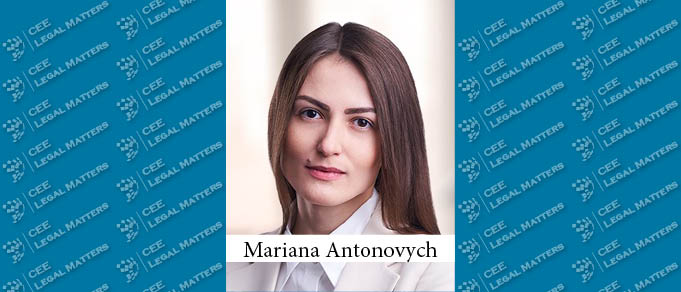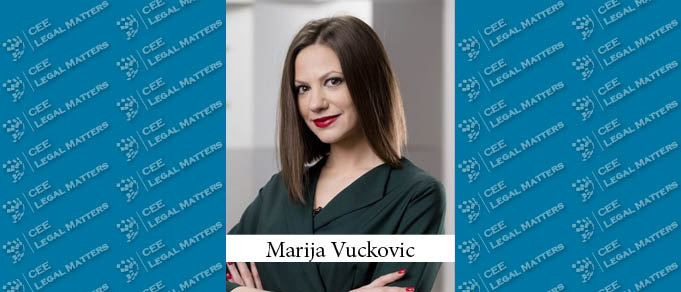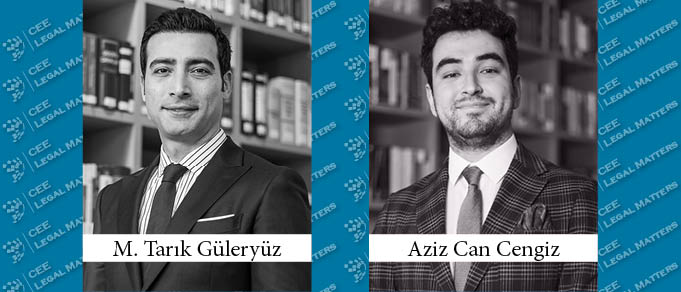On March 16, the International Court of Justice (ICJ) delivered its order on Ukraine’s request for indication of provisional measures against Russia.
Ukraine v. Russian Federation: International Court of Justice Starts Hearings
On March 7, or the 12th day of Russia’s all-out war against Ukraine, the International Court of Justice (ICJ) held the first hearing in the “Ukraine v. Russian Federation” case.
Online App, E-desk or ‘My Address’ – New Cadaster Registry Online Features Available
Serbian Republic Geodetic Authority has recently added various new online features and services available both for professional users and citizens, in its overall efforts to implement the principle of development of electronic services.
Turkish Law of Inheritance Series V.: Opening of the Will, Succession and Legal Remedies in Cases of Intervention to Inheritance Share
Succession is essentially the passing of the legator's personal assets during their lifetime to the estate, subject to joint ownership upon the legator’s death, and then to individual heirs. Prior to the death of the legator, the legator preserves all of their property rights, while the future heirs do not attain heirdom, let alone any rights on legator’s property. The titles of legator and heir are gained only upon the death of a person, and from then on, the heirs are entitled to the inheritance. For this reason, the most contentious aspects of inheritance law are succession, which is the transfer of the inheritance and possible interventions to the heirs’ inheritance shares.
Mandatory Installation of Electric Car Chargers in New Buildings and Buildings Undergoing Major Renovation
The amendment to the Government Decree on the energy performance of buildings, in force from 1 January 2022, requires parking spaces in existing buildings, new buildings or buildings undergoing major renovation (including the electrical infrastructure of the building) to be equipped with an electric car charger or to have an electrical connection facility to enable the charger to be installed at a later date.
The Material Compensation for Delay in Civil Proceedings Is Already Demandable
The act on the Enforcement of Material Compensation for Delay in Civil Proceedings entered into force on 1 January 2022. In the past decades, the European Court of Human Rights has repeatedly indicated that the Hungarian legal system does not provide a domestic remedy which is considered effective by the Court and would serve to prevent the delay of court proceedings or to remedy the damage caused by such proceedings. In its judgment in Gazsó v. Hungary, the European Court of Human Rights called on Hungary to establish a domestic remedy capable to handle the structural deficiencies identified in the judgment. As a result, the Act establishes a new legal remedy for compensation for violation of fundamental rights, called material compensation (in Hungarian: “vagyoni elégtétel”).
New Regulation in Turkey Regarding the Electronic Inquiry on Assets, Rights and Receivables of Debtors
“Regulation on the Principles of the Asset, Right and Receivable Inquiry on the National Judiciary Informatics System” [“Regulation”] was published in the Official Gazette dated January 22, 2022 and entered into force on the same date. The Regulation basically sets forth the procedures and principles regarding the inquiry of the debtor's assets, rights and receivables via the information systems integrated into the National Judiciary Informatics System [the so-called "UYAP"].































